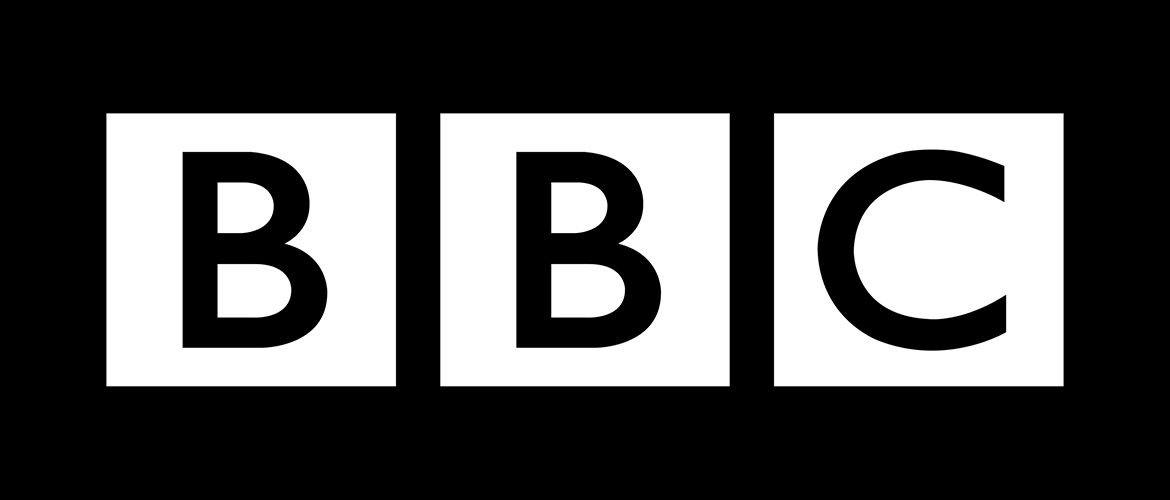Jasmine Crowhurst | Staff Writer
Downing Street is considering a reform of BBC funding from an annual Tv Licence fee to a subscription-based service.
The BBC is a national institution owned by the British public, with the licence fee allowing the BBC’s UK services to be independent and free from commercial advertising. However, the government has announced they are committed to reviewing alternative models for the cooperation’s funding. This change will endure a scale- back on the number of television and radio channels available, including the sale of the majority of its radio stations, and reducing the amount of online content.
The BBC announced just weeks earlier that the licence fee would increase in price from 1 April 2020 from £154.50 to £157.70 per year. The corporation also faced additional backlash after they announced plans to scrap free licences from those aged over 75, so that from 1 June 2020, those who do not receive Pension Credit will need to pay for their licence in full.
The licence fee has been a method of funding the BBC dating back to 1923, in the popularity growth of Radio. Currently, the standard Licence fee costs £154.50 a year, and pays for the operations of the BBC via TV, Radio and Online. By purchasing a TV licence, you support the creation of BBC programmes and services. The income from the licence fee means all licence payers can enjoy a wide choice of BBC programmes and services, all free at the point of use and available on a wide range of devices and platforms. This includes Nine national TV channels, 10 pan UK, six national and 40 local Radio Stations, The BBC website, BBC iPlayer, BBC sounds (including podcasts) and a wide range of other apps and services like BBC Bitesize, CBeebies, BBC Three, Food, News, Sport and Weather.
The government has suggested that they would introduce a subscription style service, instead of the one-off yearly payment, sparking backlash from both the general public, broadcasters, and journalists alike. BBC chairman Sir David Clementi declared that putting the broadcaster’s services behind a paywall and competing on a commercial basis would lessen the BBC’s ability to ‘bring the country together’ and would weaken the country as a whole. In his speech in Salford, he said:
“The BBC is a great national asset; a diminished BBC is a weakened United Kingdom. Sitting behind a paywall, it would no longer be the place that brings the country together for the Strictly final, or Gavin & Stacey on Christmas Day, or the Armistice Anniversary or Holocaust Memorial. Nor would it be the place that all could turn to celebrate live important moments we enjoy as a nation: Royal weddings or jubilees, or Olympic successes.”
He also warned that ‘’it would be very unlikely to continue the level of properly curated programmes for children, or indeed the brilliant Bitesize education services”. He went on to suggest that cuts to the output of children’s programmes could potentially mean the end of devoted children’s favourites such as the CBBC and CBeebies channels.
David Dimbleby, Former Question Time Host, said that “The BBC is under threat in a way it has never been before.’’ He also commented:
“The pernicious route they [the Government] are using is to say the licence fee is wrong or unfair.
“It is a way of damaging and undermining the BBC that is dangerous and should be resisted forcefully if public broadcasting is to survive.
“Anything that chips away at what we believe to be a good democratic process is dangerous and has to be fought against’’
Public responses to the change of the BBC’s funding were largely met with praise on social media, with many favouring the idea of having a more active choice to pay for the service, rather than a licence feel ‘imposed’ upon them.
However, others disagreed on the drawbacks that the service many have. TV is essential for elderly people and those isolated for other reasons. These people benefit from the large depth of content the BBC is able to offer due to the current licencing structure. A subscription service may disadvantage an older demographic, who may struggle to pay for a subscription channel.
Others argued that a funding model based on subscriptions would be largely destructive to the BBC’s purpose as an accountable public broadcaster, and by reforming it to a Netflix style model that serves only its subscribers, would largely undermine the core values that the BBC stands upon.





